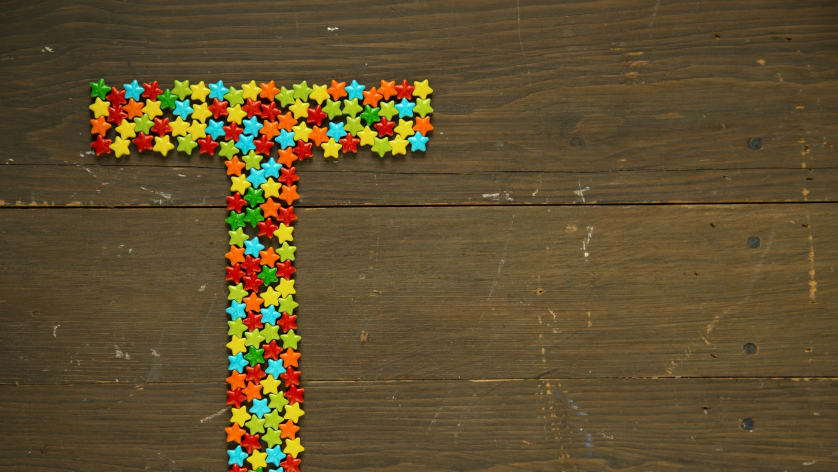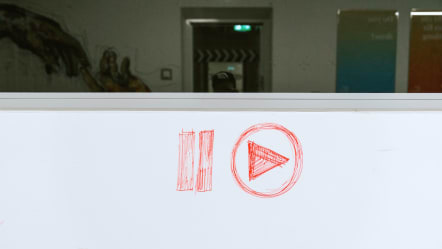Why you should recruit T-shaped developers!

Technical expertise and math skills are the most important skills for a good developer. At least that's what most people think.
A few years ago, a certain level of technical ability was good enough; to pursue a career in software development. However, times have changed. For a developer to be successful these days, they often need to have T-shaped skills.
What does T-shaped actually mean?
The term "T-shaped skills" goes back to David Guest's article "The hunt is on for the Renaissance Man of computing" and was published in The Independent in 1991. However, the concept was first popularized by Tim Brown, CEO of the well-known design company IDEO, as an HR approach to finding the right employees for his company. His goal was to put together interdisciplinary teams that can generate new, innovative ideas.
“T-shaped” is a representation of the depth and breadth of a person's abilities. The vertical bar on the “T” describes the depth of relevant skills and abilities in a single area, while the horizontal bar represents the skills that enable cross-disciplinary collaboration with people from other areas, as well as applying knowledge in other subject areas In addition to technical skills, developers must also have “soft skills” such as empathy, adaptability, teamwork and a willingness to learn.
Why T-Shaped Skills Count in Developers?
There are many reasons why employers prefer employees with a T-shape. A majority of companies invest a lot of time and money to spread the knowledge in their development teams. Knowledge is more likely to be lost when employees do not demonstrate T-shaped skills such as teamwork or a willingness to learn.
Many companies struggle within teams with the “this is not my job” attitude, where developers take responsibility for nothing but their own work. Building a team with T-shaped skills, rather than one with isolated skills, allows organizations to better manage coordination difficulties and different prioritizations. Furthermore, such teams identify with the entire product, not just with certain components.
Conclusion
While a single person doesn't have to have every possible skill, the whole team does. In a diverse team, where each team member has broad knowledge, it is easier to solve a range of problems faster and more efficiently.



















